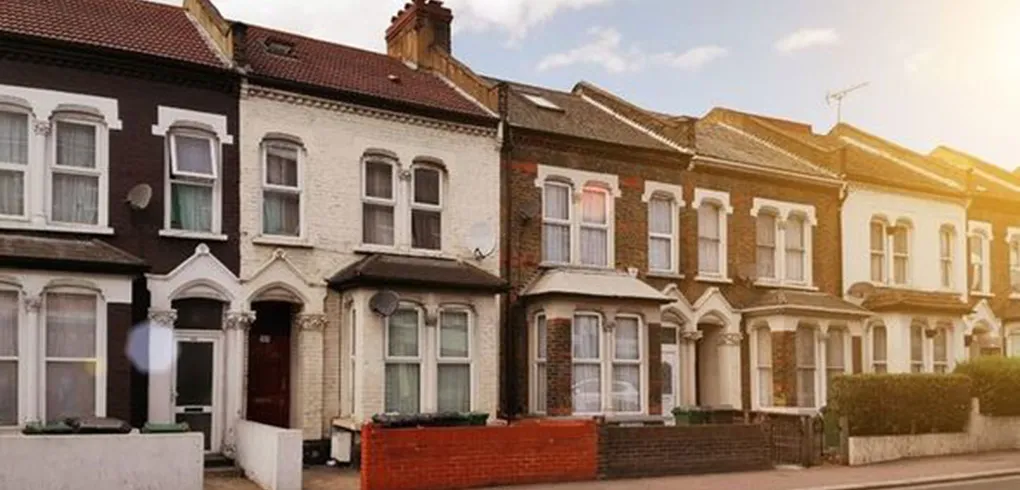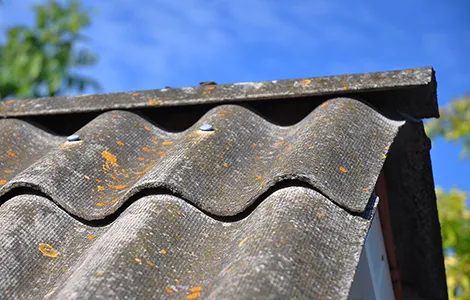The simple answer is yes, you can get a mortgage to buy a house below market value. There’s nothing unethical or illegal about buying a property below market rates or getting a mortgage to cover the transaction. It should be possible to find a mortgage lender who can help if their eligibility and affordability criteria are met. Lenders are likely to pay careful attention to your mortgage application, especially in terms of assessing the current market value of similar properties recently sold in the neighbourhood, as well as the agreed sale price. Your lender will use a Royal Institute of Chartered Surveyors (RICS) to determine the property’s market value.
RICS defines market value as “the estimated amount for which a property should exchange on the date of valuation between a willing buyer and a willing seller in arm’s-length transaction after property marketing wherein the parties had each acted knowledgeably, prudently and without compulsion.”
The main thing to consider when buying a property at below market value is that, depending on which lender you use, they’ll either base the LTV (loan-to-value) of the mortgage off the market price OR the below market purchase price.
If they use the market price, then you’ll start off with more equity in the property (comprising your deposit and the value in-between the purchase and market price) and a lower LTV – which will give you access to better rates.
If they use the purchase price, you won’t benefit from a lower LTV and lower rates, but you’ll still be buying a house for less than market value.
In either circumstance, the mortgage loan amount that you borrow would be the same.
If you’re buying a property below market value that you intend to use as your main residence, then you’ll apply for a standard residential mortgage.
If you’re planning to buy a property below market value to use as a buy-to-let, you can expect additional scrutiny, including a close assessment of rental values in the area. You’ll likely face higher fees and interest rates compared to a standard mortgage.
In cases where the property transaction does not involve family members or estate agents, the mortgage lender is likely to be a little suspicious, as the low price may be a sign of some form of collusion between buyer and seller and may involve fraud. If the seller is in a hurry, it may be because they face bankruptcy proceedings and are keen to avoid the property being seized. In some cases, a property that has been sold ahead of bankruptcy processes may still be subject to charges.



